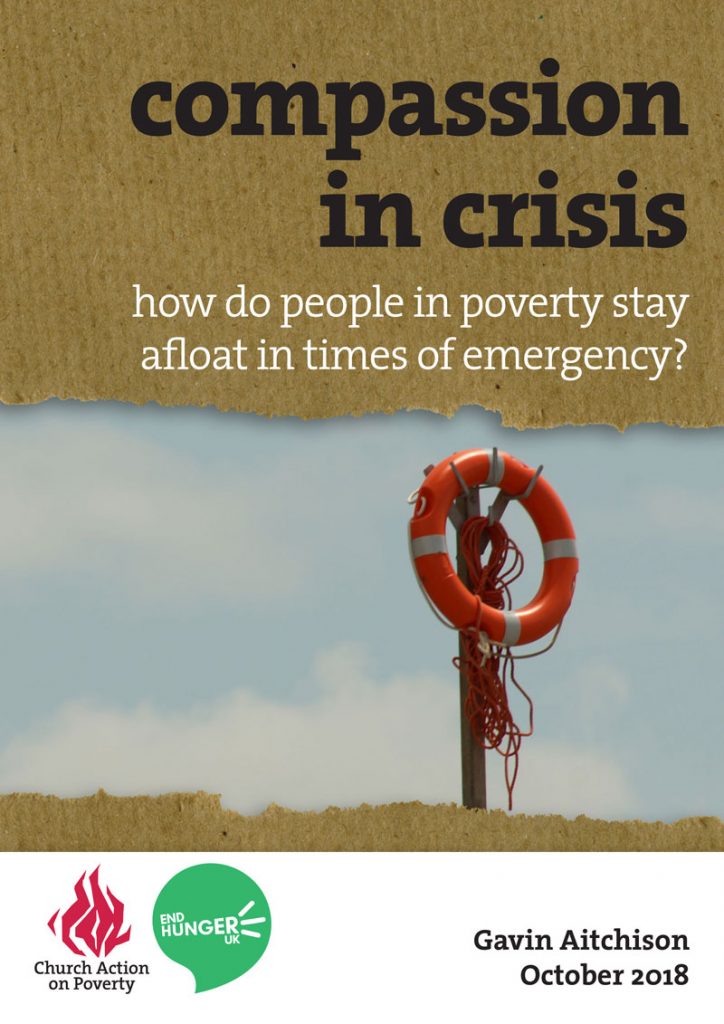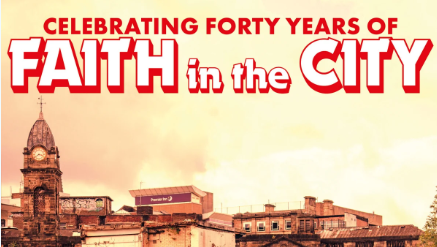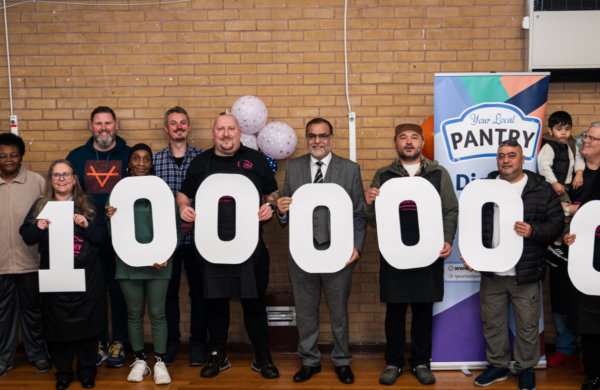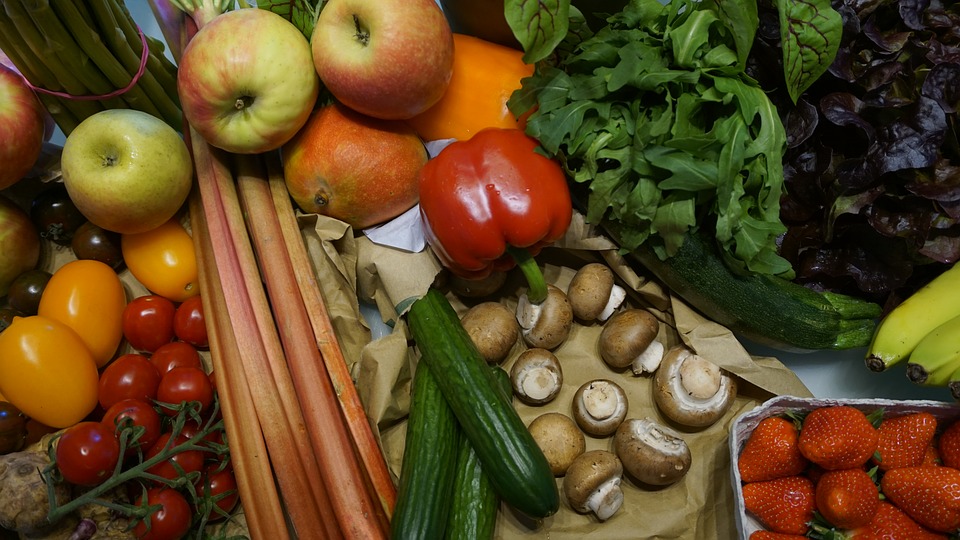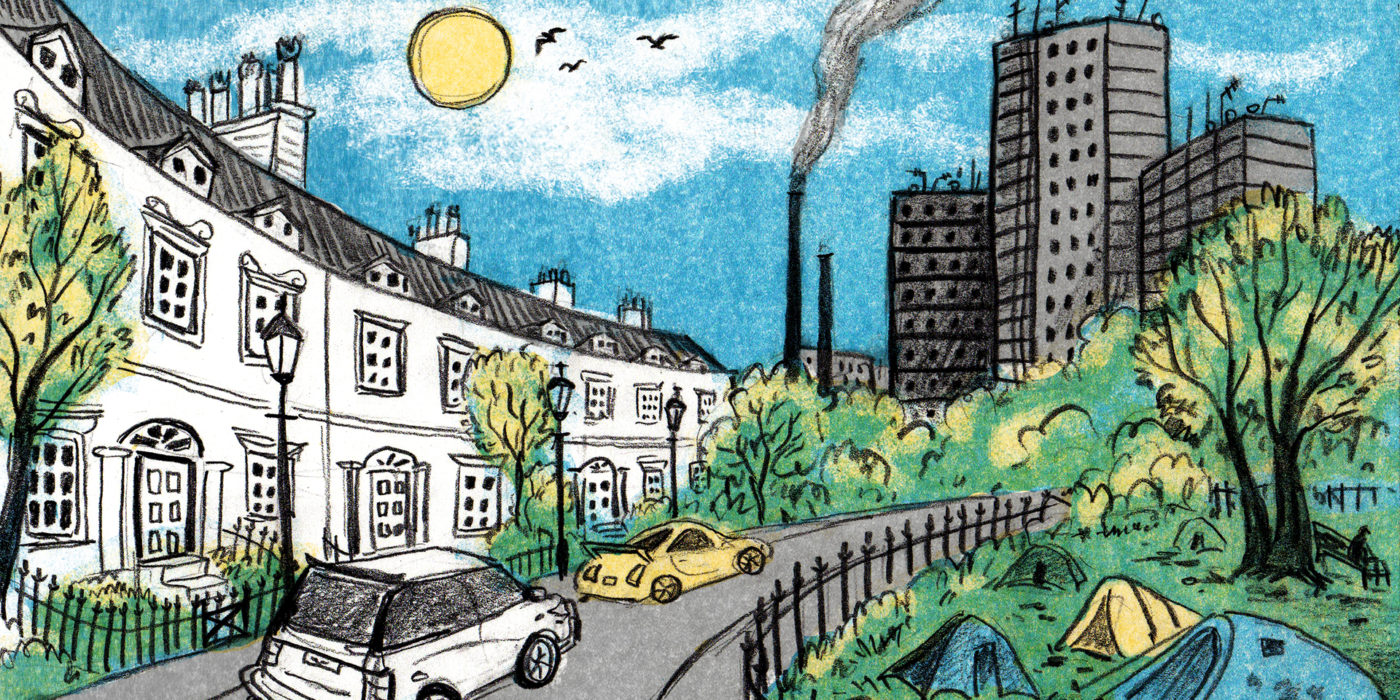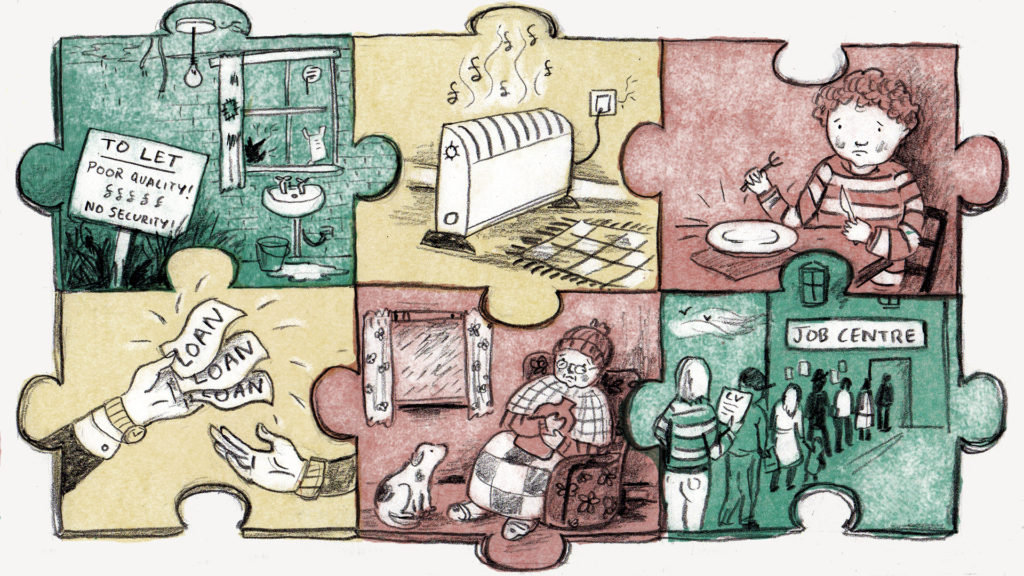What would you do if you needed a new boiler but had no money in the bank? Or lost your job and didn’t know how you were going to heat your home or feed your family? In this guest blog, the Children's Society explain how they are campaigning, like Church Action on Poverty, for decent support for people in crisis.
We all would like to think that if the worst happened, there would be someone or something there to protect us. For some of us, that might be friends and family we could call on, or savings that could help us get out of a difficult situation. But there are many people for whom there are no savings, and no one they can turn to for help.
In these situations, a strong local safety net can help. Churches are part of a vital network of faith, voluntary, and community services that provide refuges, shelters, food, donations and advice to those in need. Along with council-run emergency funds, these schemes and projects provide a vital lifeline when crisis hits that can help prevent people spiralling into debt or destitution.
Under threat
But with increasing financial pressure, and a lack of support from national Government, these schemes are facing unprecedented challenges. Since 2015, councils have not received ring-fenced funding for welfare provision. Inevitably this has had a devastating impact. One in every seven councils has had to close their welfare support scheme – and of those still running, two-thirds have cut their budgets.
This means fewer people can access the support they desperately need from their council. In turn, this is putting more pressure on voluntary and community services to plug the gaps.
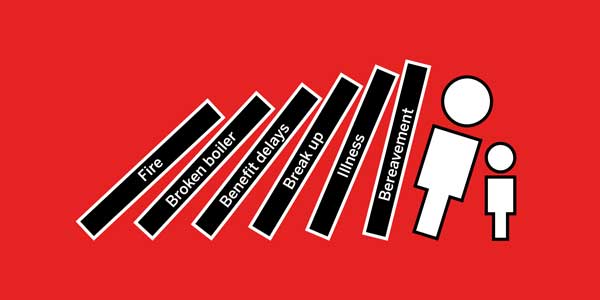
The time for action is now
Help from volunteers cannot, and should not, entirely replace a well-functioning local safety net. And that’s why we’re taking action. The Children’s Society, Church Action on Poverty, The Trussell Trust and others are working with churches like yours to tackle this hugely important issue. Your church might run a food bank, or support families and vulnerable people living in poverty. As such, you are an important part of the local safety net.
As Autumn approaches, it’s a critical time to raise the importance of proper funding for local welfare support with councillors and MPs and push this up the agenda. Now is the time councils begin to plan budgets for the year ahead, and the Government sets out its spending plans nationally. This small but vital part of our incredible social security system is too important to be forgotten.
How you can help
The Children’s Society has an interactive map on our website that shows you what the situation is in your area, and how you can contact your councillors and MPs to take action.
We know that meeting decision-makers face to face can be really impactful. If this is something you would be able to do, please get in touch with the Children’s Society, and we can provide support, briefings and bespoke local information to take with you.
Compassion in Crisis
Church Action on Poverty is also campaigning to restore proper support for people in crisis. Click here to see our report and background information.

